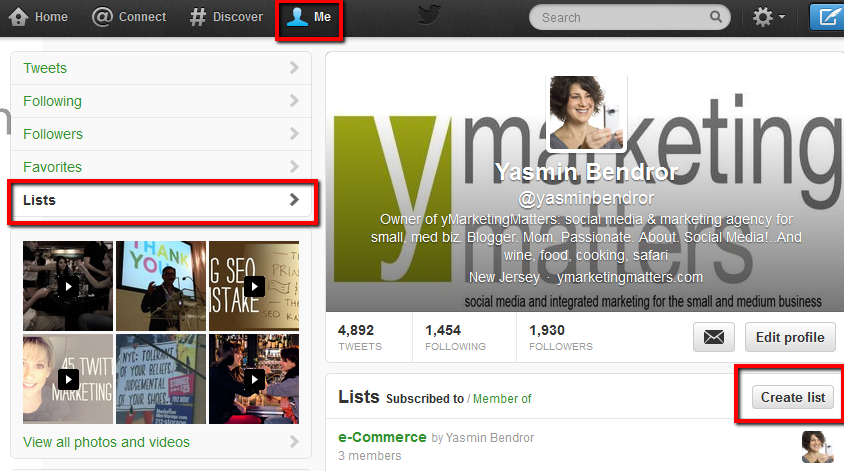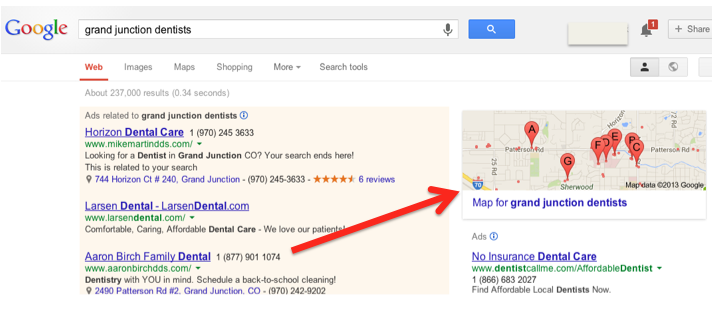18 Inquiries to Ask a possible SEO Consultant
Most small to mid-size business owners are so busy running operations that they simply hope they make the best decision once they hire search-engine-optimization help, whether it’s an outside firm or in-house employee. Because of the rapid growth of the Internet and its constantly changing nature, it’s often difficult to distinguish between those that know what they are doing and those that don’t. I often tell my clients that it’s like hiring a contractor to renovate their kitchen. If you ask enough questions and check references, you’ll learn who is qualified, who will do quality work, and who will leave you with a mess.
The following questions should help you hire the right person or company for search engine optimisation help — to drive qualified traffic to your website. If you’re lucky, you’ll also get someone to help you increase your conversions, too.
18 Questions to Ask a Potential SEO Consultant
If your goal is to increase traffic and ultimately sales, you are going to have to be able to work with this person or company. There is going to be the need for communication and the ability to discuss what is going well and what isn’t. If you can’t have an open dialogue at the beginning, it will only get harder when issues develop. Even if you find the most qualified SEO professional, if you can’t communicate, you’re going to have problems.
Here are 18 questions to ask a potential SEO consultant. Under each question is information to help dissect the answer.
The Basics
1. “How long have you been practicing SEO?”
SEO began in the mid 1990’s with a handful of people and grew steadily until the mid-2000s, when it grew in popularity as a career. It is a separate skill from web design.
2. “What is your training?”
Most SEO and search professionals gain their experience through practical application, attending conferences, and reading industry news. College degrees and certifications offered by companies and organizations are a recent development and need to be looked at individually.
3. “How do you keep up with changing trends?”
A good SEO professional should speak about reading industry blogs and attending conferences. Note which ones they mention and do a quick search after they leave; you’ll know if they may be a quality source.
Follow Up Questions
What, where, and when was the last conference they attended? What sessions did they attend? Who were their favorite speakers and why? Ask them what articles or sessions interested them the most or if they were surprised by anything. What did they most recently find relevant?
You’re goal is to find out if they are staying current in the search industry and if they actually attended the conferences.
The Approach
4. “How do you approach SEO?”
Search engine optimization isn’t only about optimizing the website, but about optimizing all areas of your business that are online. SEO most commonly includes site architecture, code, title and description tags, customer-centric as well as keyword-rich content, and link building. Your involvement in the process is important. Your SEO professional should be willing to discuss strategies, the benefits, and the downsides if asked. You know your business; they know the techniques and how to implement them.
5. How would you get me more traffic?
Expect generalization with these answers. But the answers should include developing a strategy that could include reviewing your website’s code, content, and your current link-building strategies; rewriting content to include keywords and customer-centric text; and looking at analytics for trends. In case you’re a local business, claiming and developing local search profiles should be part of the conversation. Social media — Facebook, Google+, Twitter, Instagram — and email marketing may be part of the discussion.
Qualified traffic is best. Testing different strategies or keywords helps refine what works for your site and what doesn’t. Just because your competitor is doing something doesn’t mean you should. Set parameters and see what information you can learn.
6. “I’m having our website redesigned. When should you get involved?”
The earlier an SEO professional gets involved in a site redesign the better. Many technical issues are involved in a site redesign to avoid traffic loss. Some redesigns are unnecessary if the issue is getting more people to your site or increasing conversions. There may be other fixes that would be less costly.
7. “How would you get me links?”
Good link building takes time. It takes building relationships with bloggers, mining data, finding websites that are in your same industry or are related in a manner that makes sense for your business to have a link there. Some links are earned by providing quality, relevant content. People link to you naturally or sites can be approached to include your content because of the value it provides their readers.
Run if the following are mentioned: buying links, exchanging reciprocal links (I give you a link if you give me one), creating press releases with no real news, guest blogging with no meaty content, or submitting your site via a system to get thousands of links quickly.
8. “Do you offer any guarantees?”
No SEO professional can guarantee how you will rank or appear in the search engines. Not on the first page or anywhere else. For very specific words, such as your company name or the name of the owner, you’ll probably be on page one, but that’s because there’s little competition. Search engines control how, where, and if a listing appears.
9. “What tools do you like to use for SEO, reputation tracking, and social media?”
Take notes and do a search later to see if the tools named look legitimate.
10. “Will you implement the work or do you just make suggestions?”
It can work either way so make sure it will work for your business.
11. “What was your favorite result while working with a client?”
Listen for the passion.
12. “Have you had any failures?”
Most agencies have had a failure to one extent or another — be it project results or client communication. Listen to see what they learned.
13. “When do you expect to see results?”
SEO is a long-term approach. If nothing has been done to your site in awhile, you have no local search listings, or are lacking in other areas, then you should see an improvement to your traffic within 1-2 months. Usually it will take upwards of 6 months or more for all the strategies to come together.
The Process
14. “Who is going to be your contact person?”
Will your contact be the person you’re speaking to at this meeting, someone on staff, a specific individual, or can it change?
15. “Who is performing the work?”
In-house team, one key person, freelancer, or is it being outsourced overseas?
16. “How do you charge?”
Find out if you will be charged by the hour, project, percentage of sales, or another method.
17. “Will there be additional expenses? What happens if a service or tool costs more money than originally quoted? How do you handle it?”
The answer should be reasonable and workable for the all parties involved.
18. “Can you give me names of 3 to 5 clients? What did you do for them?”
This is useful to help gauge their credibility.
Additional Signs of the Right Company
You can further determine if you have the proper company if they ask you about your objectives, your customers, and tell you thon they will need your input.
When you ask about rankings, they should mention personalized search and explain that while people will see similar search results and rankings on a page, Google and Bing offer each person a personalized experience based on their search histories.
There are many more questions that could be asked, especially if hiring for a staff position. Let me know your thoughts, questions or suggestions inside the comments below. It could set off another article.









